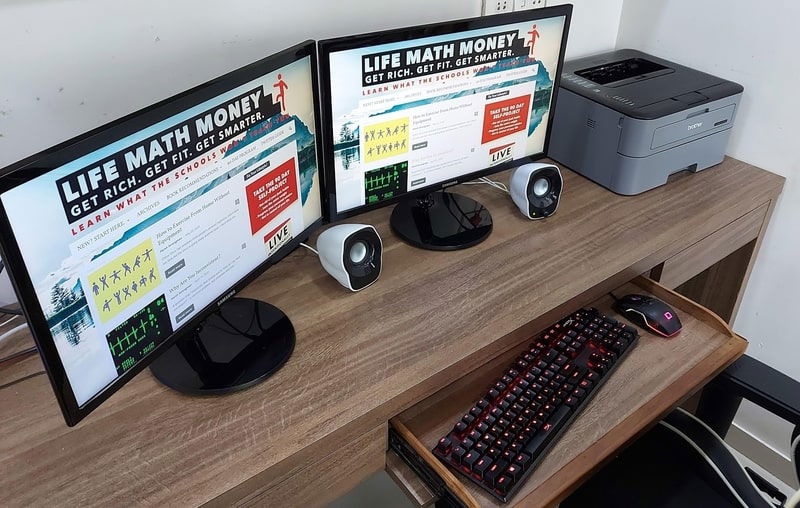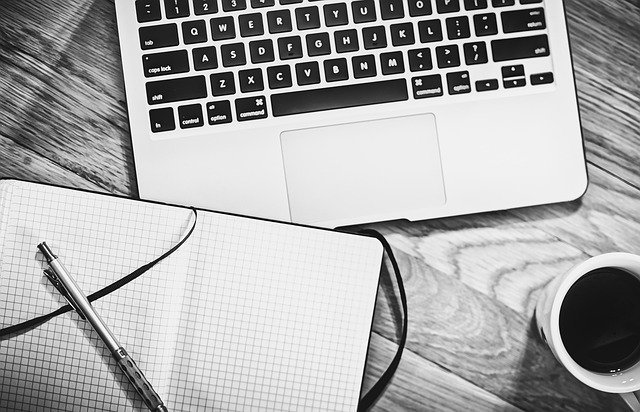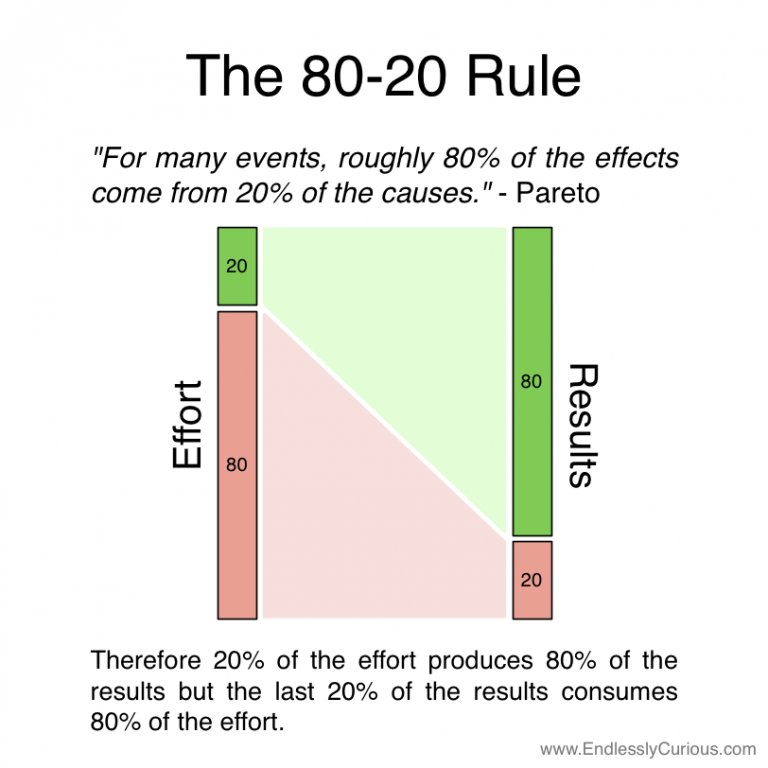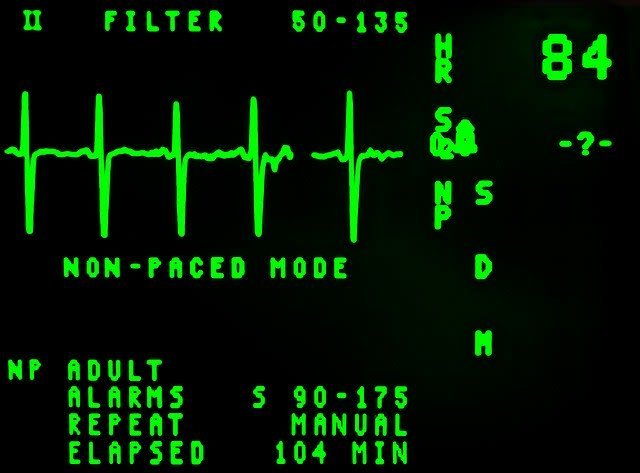Listen to this article as a podcast:
Working from home sounds good in theory – you’ll work when you want, there’ll be no one to monitor what you’re doing at any given moment, you’ll have freedom from micromanagement, you can get some personal tasks done during work hours, AND save a lot of time and money because you won’t have to commute, etc. and while all of that is true, what many people find out is how surprisingly hard it is to sit and actually do some work from home.
The home is not exactly an environment conducive to work. It’s is full of things that distract you from working – be it that book you’re reading that you can’t wait to get back to, your family and children, a TV running in the background, etc. and even though you try to work as you would in an office, you know it’s not with as much focus and attention as you can (and probably should) be working.
You also find that now that no one is monitoring and managing you all the time, it actually takes a lot of self-discipline to sit long hours and get things done with so many distractions around – most people end up slacking off instead of pushing the pedal.
When you physically went to work, your workplace was an environment condusive to working – you had little personal belongings there. If you were an employee you had a boss with a metaphorical whip behind your back, everyone around you was working, you were dressed for work, etc. – it was actually easy to work at the workplace there because the “flow” of the place made it easy to do so.
Just like how it’s easy to study in the library, it was easy to work at the office.
When you are working from home, you need to create this “flow” at your home.
To put it in other words, it’s about creating the right environment and routine that makes quality, focused work possible.
Here are some tips to help you get the most out of your WFH hours so that you can get all of your work out of the way in a fraction of the time and have some more time to yourself (Wasn’t that the big idea anyway?):
How to Work from Home: 7 Tips to Help You Work from Home Effectively
1. Have a dedicated working space (a desk and a comfortable chair and preferably a separate room)
You need a working space dedicated to working and nothing else, just like a mini-office of sorts.
Do not work from your bed or sofa. Your bed is for sleeping, and your sofa is for resting. You won’t stay focused for long.
You cannot get a lot of work done if you don’t have a proper table and chair to work from.
Your chair doesn’t need to be an Aeron, but it does need to be comfortable enough for you to sit on it for long hours.
Your dining chair was not designed to be seated on for a long time and is probably not ergonomic enough and will give you back pain – get yourself a decent work chair; it’s an investment.
Also, it’s very important that the working space is dedicated to working – you need to get used to working from it.
Your mind needs familiarity with its surroundings to be able to focus completely.
If you’ve ever tried working from a hotel or a coffee shop, you’d find that it’s really hard to focus and work.
I suspect it has something to do with your mind always allocating some of its resources to being aware of what’s happening in the environment for safety reasons when it’s in unfamiliar surroundings (this particular behavior probably helped isolated humans survive and is hardcoded into our DNA), but in any case, you need to get used to working from a particular place to be able to “relax” enough to produce your best work there.
It’s best to have a separate room, and if that’s not possible, a dedicated area in any of your other rooms will do well too. Make do with what you have.
Pro-tip: Make sure that where ever you work, the temperature is cold. Turn the AC on if you need to. I’ve found that it’s much easier to work in colder environments than it is in warm, humid environments that make you feel uncomfortable and sticky.
Pro-tip: I recommend using a desktop instead of a laptop on your desk because desktops allow you to maintain better posture while working. The screen is bigger and further away so you don’t need to bend down, and the keyboard can be bought closer to your torso so you don’t need to roll your shoulders as much.

A good work desk pays for itself. Consider getting yourself a second monitor – makes everything easier — no more Alt+Tab.
2. Start working early in the morning
Working from home, especially if you’re self-employed or have no fixed reporting hours, gives you a *lot* of freedom to do things whenever you want them to.
This leads to people messing up their sleep schedule and waking up almost past noon and working late into the night (been there).
“He that riseth late must trot all day, and shall scarce overtake his business by night.” – Benjamin Franklin
Anyone who’s gotten themselves into the waking up past noon and sleeping at 4 am in the morning routine knows that it’s not a very productive schedule.
When you wake up very late, you feel lazy and end up starting work even later in the afternoon, and a lot of other life things overlap with your new “work hours”, reducing productivity and focus.
Moreover, working late into the night when you feel sleepy and tired isn’t very conducive to quality work (especially creative work!).
I recommend waking up no later than 9 am (earlier is better, 7 am is best), getting your bodyweight workout done, and start working immediately after.
Mornings are far more productive and you can get a lot of things done very quickly.
Remember, you can always relax in the evening. Mornings are for work.
Pro-tip: Wake up, have some water, brush your teeth, and immediately do something productive. Be it a small little task like sending some email or reading a page or two or just a short wake-up blood flow workout. It sets the tone for the day and you’ll find yourself more focused and productive throughout the day.
3. Set the mood
Lots of people who WFH just work from their pajamas and don’t take showers.
This works for some people but not for most. Like I said before, if you want to work, it’s a good idea to create a “flow” of an office space.
I’m not saying you need to put on a suit and a tie, but you definitely should not be wearing the clothes you woke up in.
Take a nice cold shower (to refresh yourself) and put some decent clothes on. It helps set the mood for work and kills any residual sleepiness you might have in the morning.
Pro-tip: Sneak in some cardio like a morning walk or a simple bodyweight routine before you work. It’ll wake you up and make you alert, and since you’re showering anyway, you kill two birds with one stone.
4. Know what you need to accomplish for the day (have a to-do list)
I’ve said this before: if you want to get things done, you must have a To-Do list.
Everything you want to get done during the day needs to be on the to-do list, and preferably, this list needs to be created one night before.
Pro-tip: Execute the list from the most tedious, boring task first and finish with the least tedious task.
When you start working, you have a lot of energy as your day has just started.
Most people jump on to the easy bits first, but what ends up happening is, by the time evening comes, they’re tired AND left with tedious work they don’t want to do – so they either postpone it to the next day or half-ass it.
It has been my experience that when you start executing from the hard tasks first, you are more likely to complete everything on your list AND you won’t find yourself carrying forward the same tedious tasks to the next day over and over again.
(There is some value in doing easy tasks first – it builds momentum, so you definitely need to experiment a bit to figure out what suits you best according to your motivation level and mood for the day and do what gives you maximum juice.)
5. No entertainment content and time-wasters until you have already accomplished what you wanted to
Don’t consume any entertainment until you’re done with your to-do list. This means no YouTube videos, no social media, no news, no TV, no porn (stop watching it), etc.
I know you’re on your computer when you’re working and most people have trained their minds to get distracted with internet multimedia, but if you can postpone all that nonsense for after you have accomplished all you want in your day, you’ll find that you actually accomplish them, instead of “randomly” realizing that half your day evaporated as you vegetated away on YouTube.
Pro-tip: Use a website blocking add-on for your browser to block all the websites that you find yourself mindlessly browsing. As a bonus, you’ll discover just how addicted you are to these websites when you find yourself clicking for them over and over again only to find the website-is-blocked page.
If you must, use something like Amazon Music for music instead of YouTube (YouTube recommends you entertainment videos).
Pro-tip: TURN YOUR PHONE OFF!
6. Set a routine and stick to it
Create a set routine and don’t vary it. Have well-defined working hours even though no one is forcing it on you.
Try to sleep, eat, wake up, and work – about the same times every day – make your schedule simple and predictable for yourself.
You don’t need to be robotic about it – give yourself some leeway if you need to every once in a while, but stick to it when you don’t have anything better to do.
You’ll find that routines are very productive and get lots of work done.
Armies around the world are based on setting and enforcing routines to make sure everyone is in top shape and functioning smoothly.
Pro-tip: If you want a structured program to help you fix your lifestyle, pick up Live Intentionally: Discipline, Mindset, Direction – A 90 Day Self-Project. It will change your life by changing the habits and daily routines that compose it.
7. Stretch. Your body was not designed for sitting all day
This has more to do with working on desks in general rather than just working from home.
Your body did not evolve to be seated in a chair all day. Sitting for extended periods of time creates a multitude of health problems such as bad posture, musculoskeletal issues (including atrophied muscles!), and blood clots in your veins.
They aren’t noticeable when you’re young, but it all adds up as you get older. A lot of damage is inflicted on the body by merely being stationary for extended periods of time and not moving it enough.
Every few hours, get up from your desk and stretch your body.
Start with your neck – look up, down, left, right, rotate both directions, rotate your shoulders, stretch your chest, upper back, lower back, then your hips, hamstrings, quads, and finally calves.
Toe touches and dead hangs are really helpful.
Pro-tip: Set a reminder on your phone to do this 5-minute stretch and set it to remind you every 2-3 hours.
Bonus #8: Other Tips and Advice
1. Avoid snacking. There’s a lot of food available around the house and no one to stop you from eating, so it’s very easy to graze whenever you feel bored. Don’t do it. Learn to deal with boredom and stress in ways other than food.
2. Go out and socialize in the evening. Don’t say at home all day. If you don’t go out, you’ll eventually get frustrated and your social skills will get rusty. Many engineers spend entire weeks indoors and they’re “socially awkward” for a reason (not something to be proud of).
3. Use technology effectively. Learn how to code to automate repetitive tasks and learn how to use Microsoft Excel if you work with spreadsheets (especially pivot tables) – you can save yourself a bunch of time and effort if you know how to use simple tools well.
4. Use the spare time to start some kind of internet-based business on the side. Your job probably doesn’t require eight full hours a day. Here are some articles that can help:
I also recommend getting yourself a copy of The Art of Twitter: A Guide to Building Your Twitter Account – my guide to creating a Twitter-based business organically from scratch.
5. If you’re going to have video meetings, don’t be lazy and put your pants on. You don’t want to accidentally get caught without your pants in a conference like this guy (or on national television like this guy).
Hope this helps.
Your man,
Harsh Strongman











